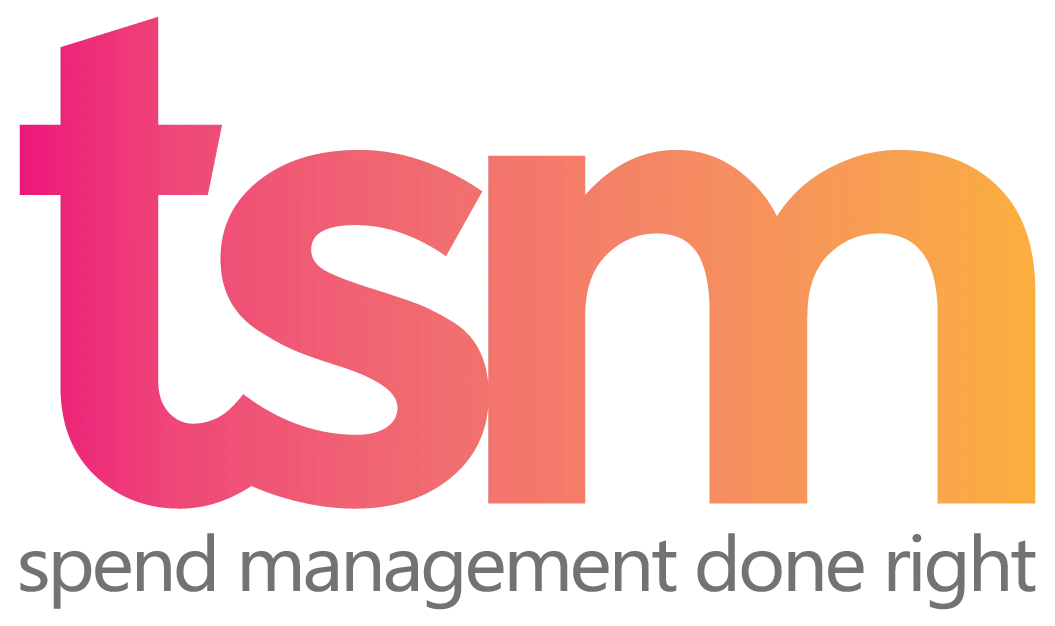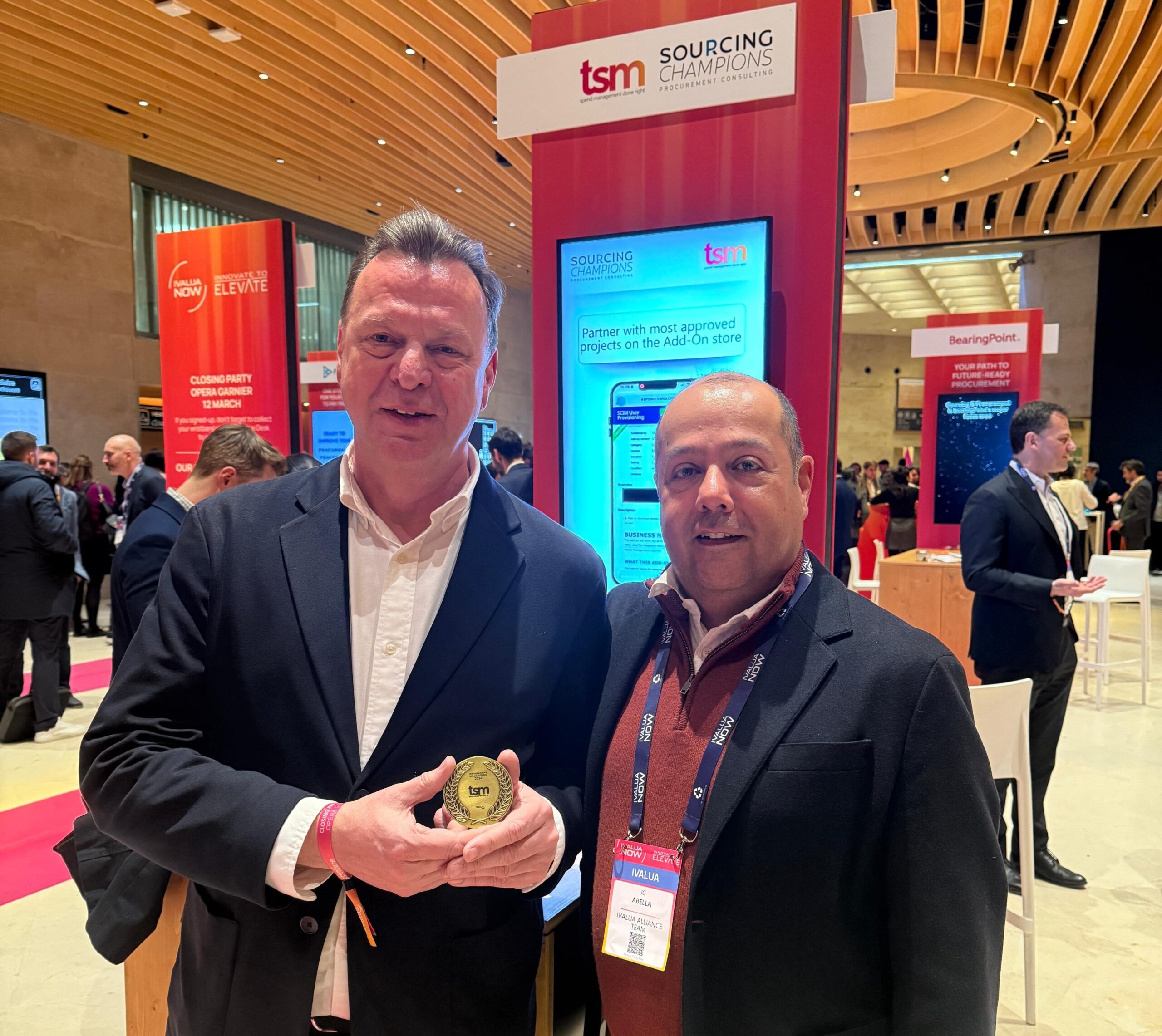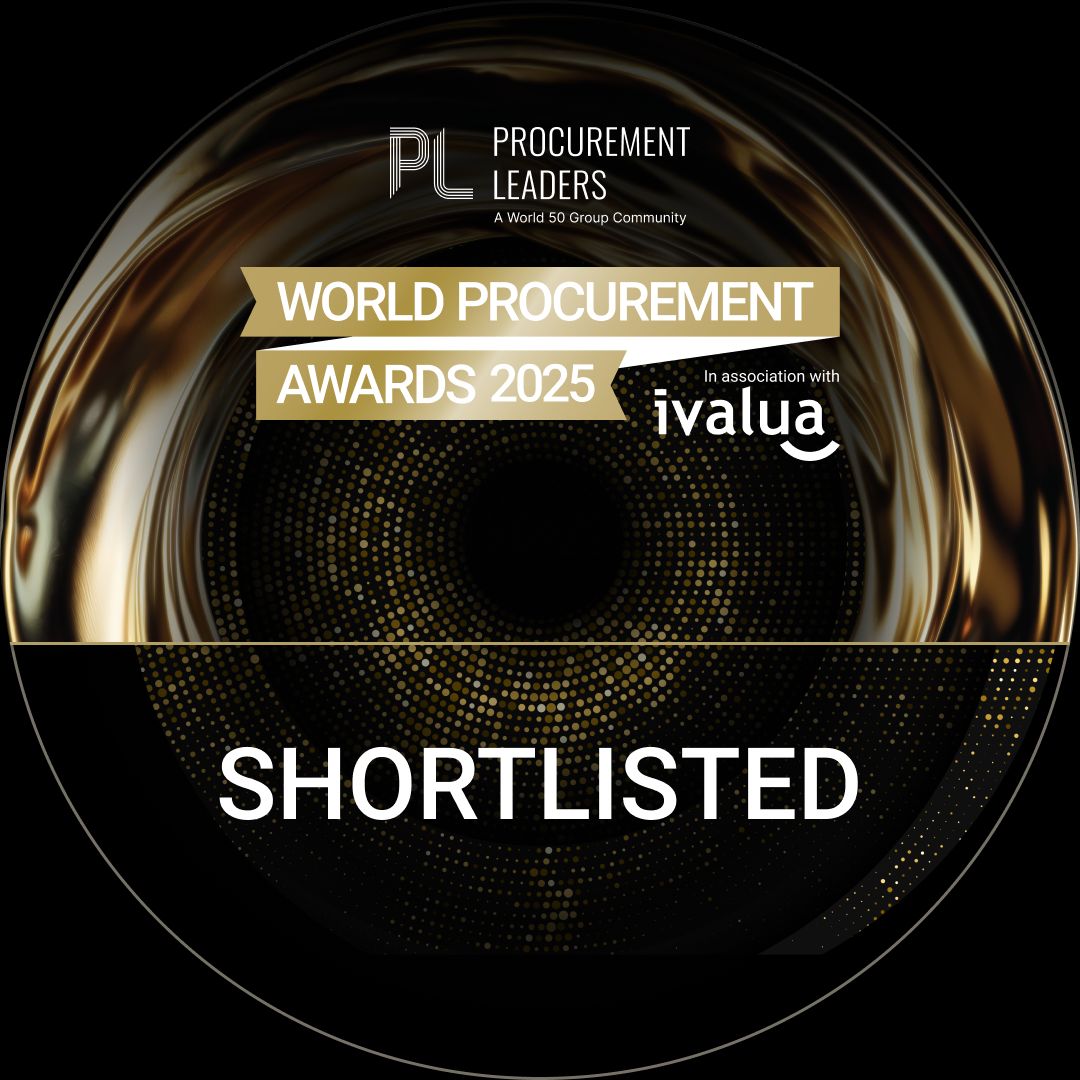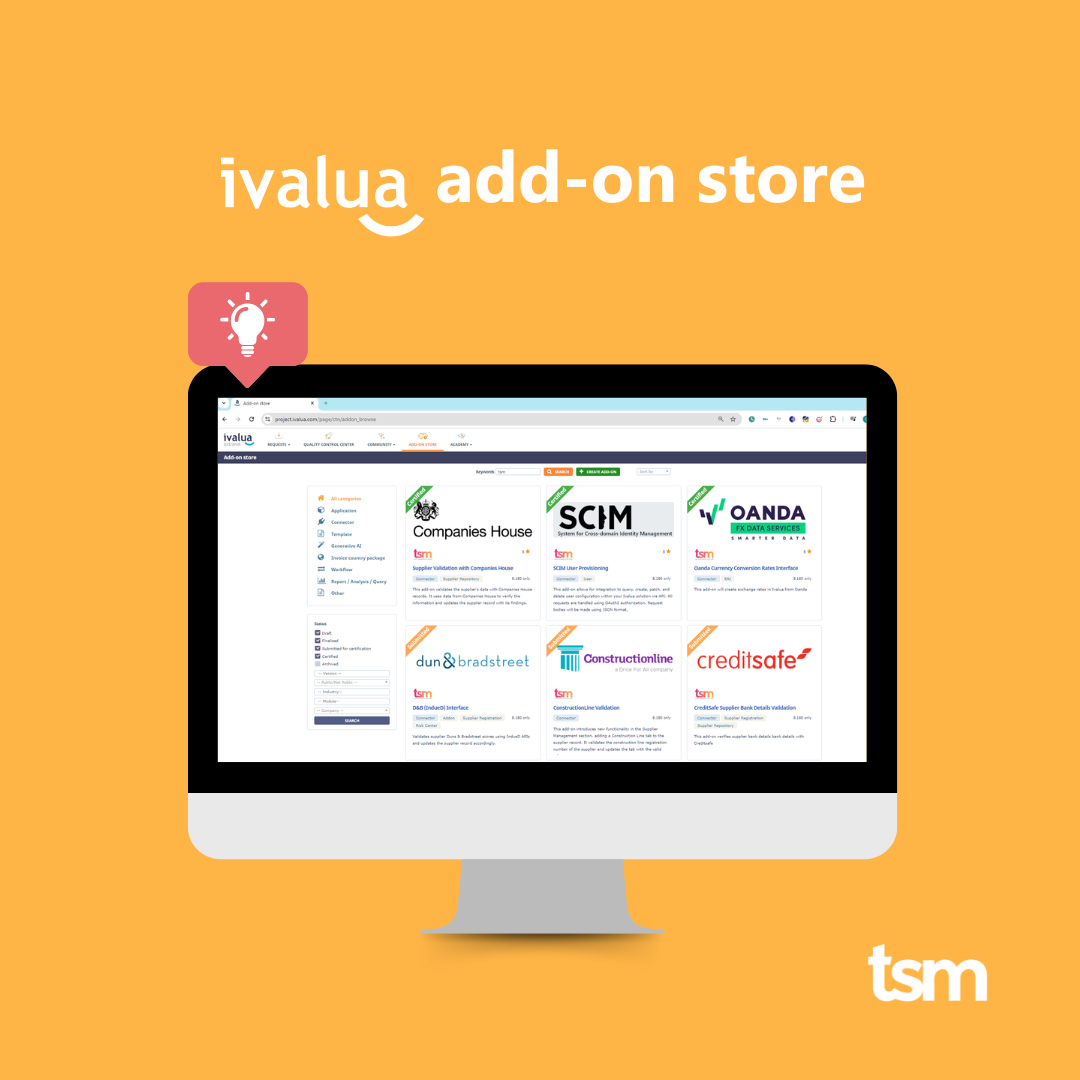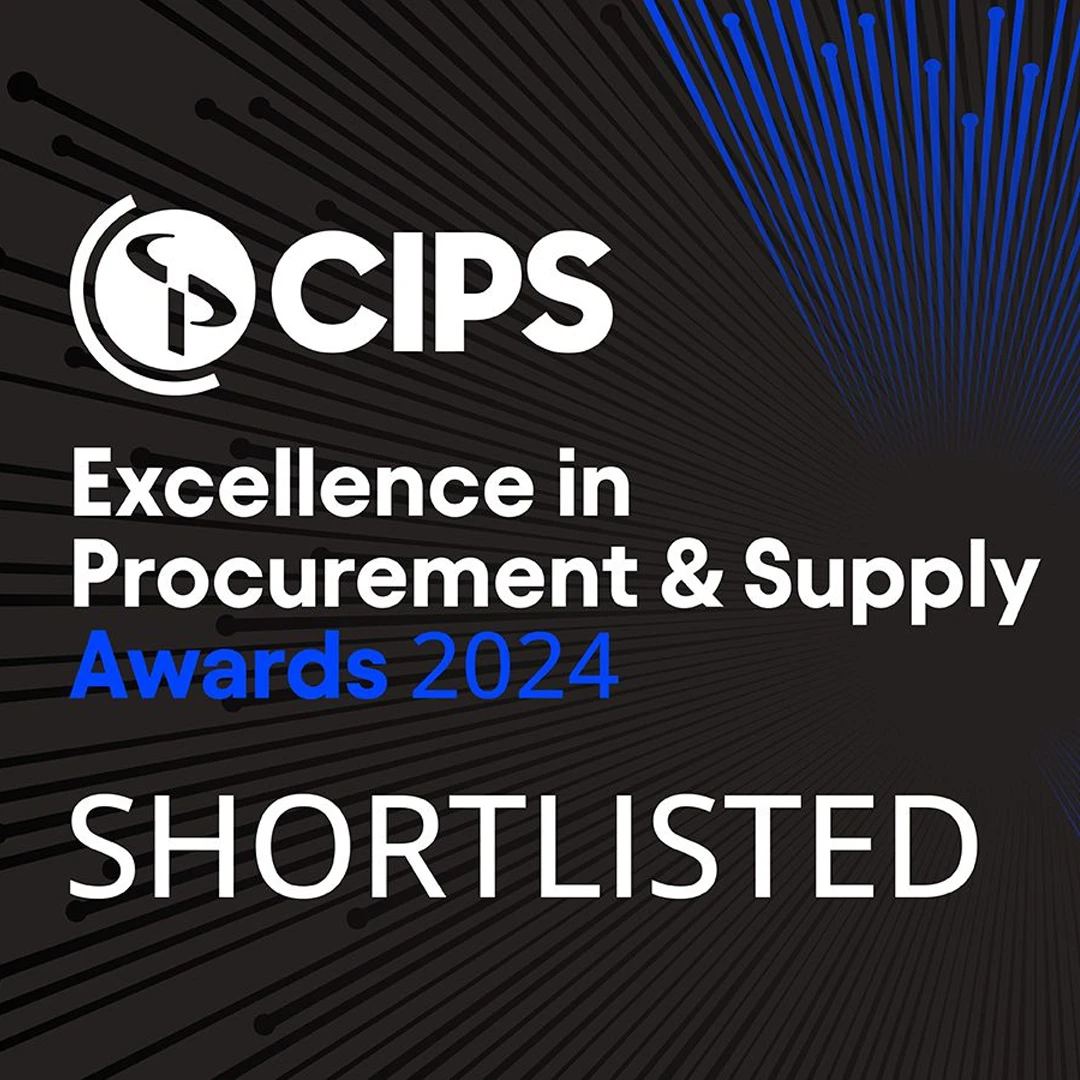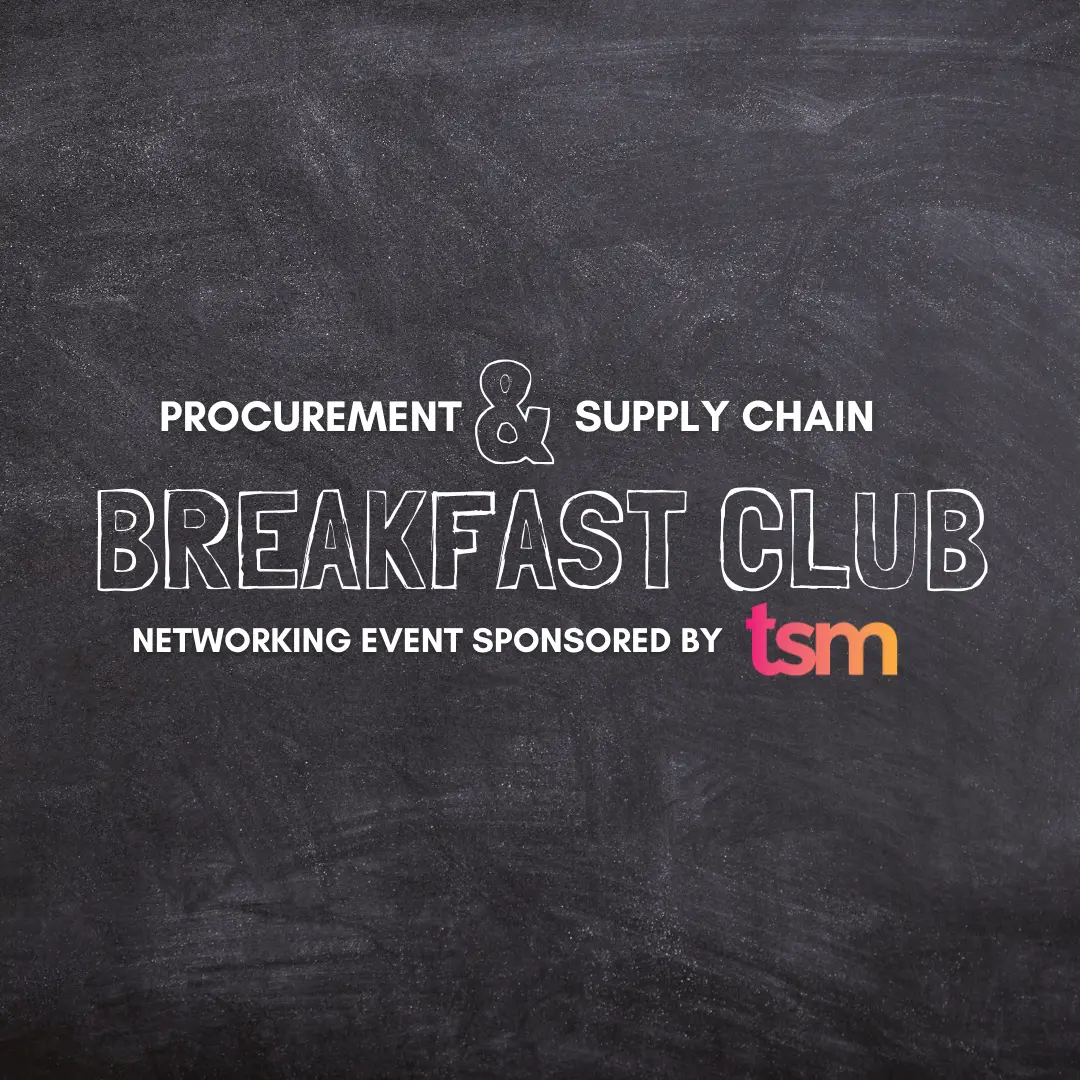The Knowledge of London
As taxis can be hailed in the street and asked to go anywhere, taxi drivers must have a thorough knowledge of London. This is why taxi drivers have to learn and pass the world-famous Knowledge ….cab drivers know the quickest routes through London’s complicated road network. There are thousands of streets and landmarks within a six mile radius of Charing Cross. Anyone who wants to drive an iconic London cab must memorize them all: the Knowledge of London. Mastering the Knowledge typically takes students three to four years[1].
Pursuit of knowledge
On many projects, much of the overall effort is spent in the pursuit of new knowledge. It is important that this effort be acknowledged and considered fundamental to the project. Acquiring new knowledge is important because at the start of the project we never know everything that we’ll need to know by the end of the project. The knowledge that a team develops can be classified into two areas:
- Knowledge about the product
- Knowledge about the project
Product knowledge is about what will be developed. It is knowledge about the features that will be included and about those that will not be included. Project knowledge by contrast is about how the product will be created[2].
Product knowledge in Proactis Advanced Reporting
Proactis Advanced reporting provides the capability to deliver business analytics. The data can be collated from Proactis as well as other software solutions such as a finance system. In collating the data it is to give valuable business information about the purchase lifecycle. Examples of this are:
- Who are the suppliers in use?
- What are the items purchased?
- What is the average price paid by item?
- Who are the individuals who make the purchases?
- What is the level of service received from the suppliers?
- Are there payment issues caused by delays in getting invoices approved?
- What risks are there in the spend control process such as documents going missing?
- Are there inconsistencies in authorisation levels?
- How many people raise purchase orders when the invoice comes in?
- How accurate are invoices coming in from suppliers?
The answer to each one may be known by different individuals who are subject matter experts in their own right. Through the use of Advanced Reporting it is possible to get an holistic view of the organisations spend and its effectiveness.
Conclusion
The Knowledge takes time to learn. Likewise it takes time to collate sufficient data to enable meaningful analysis. However once the data is there analysis can commence and from this analysis specific areas to focus effort. This is likely to include working with suppliers to improve service delivery, reducing error rates in invoices received, resolving issues around delayed payments, refining the supplier pool; and just like a taxi that can be hailed in the street and asked to go anywhere, business stakeholders are asking for more and more complicated analysis of the data. This could be held in any number of business systems. The quickest routes through a complicated network of disparate databases is using tools such as Proactis Advanced Reporting.
John Chapman, Programme Director
[1] https://tfl.gov.uk/info-for/taxis-and-private-hire/licensing/learn-the-knowledge-of-london
[2] Agile Estimating and Planning, Mike Cohn, ISBN 013 147941-5
